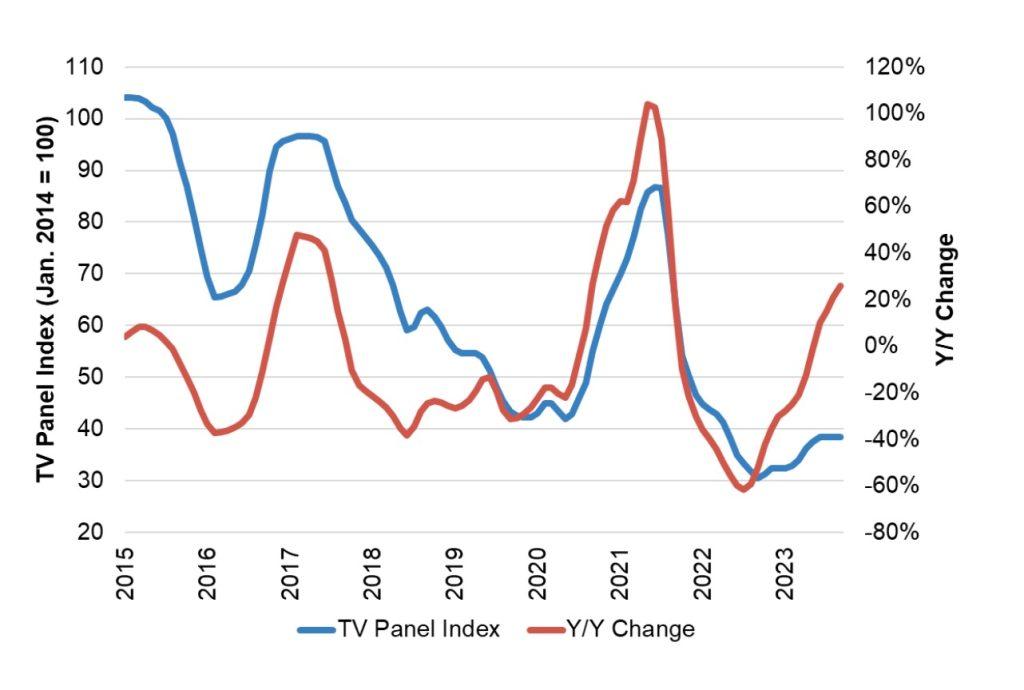When it comes to building a strong financial foundation, you might find that understanding the basics of budgeting is just the beginning. Tracking your income and expenses can reveal patterns that either support or hinder your financial goals. You’ll also need to consider the importance of saving and how smart investing can amplify your efforts. Yet, managing debt effectively and planning for retirement often feel overwhelming. What if you could simplify these concepts and create a solid plan? Let’s explore the essential steps that can lead you to a more secure financial future.
Understanding Budgeting Basics
Budgeting is the cornerstone of effective financial management, helping you take control of your money and reach your goals. To start, you’ll need to track your income and expenses. List all sources of income, like your salary, freelance work, or any side gigs.
Next, categorize your expenses into fixed (rent, utilities) and variable (groceries, entertainment) costs. This process gives you a clear picture of where your money goes.
Once you’ve laid everything out, set realistic spending limits for each category. Make sure your budget reflects your priorities and lifestyle.
Don’t forget to include a category for discretionary spending, allowing some flexibility for unexpected costs or fun activities.
Review your budget regularly, adjusting it as your financial situation or goals change. This ongoing process helps you stay on track and make informed decisions.
Importance of Saving
Saving is a vital component of financial health that can greatly impact your future. When you prioritize saving, you’re preparing yourself for unexpected expenses, achieving your goals, and securing your financial independence. You’ll find that having savings can provide peace of mind and reduce stress in tough times.
Here’s a quick overview of the importance of saving:
| Purpose | Benefits | Tips to Save |
|---|---|---|
| Emergency Fund | Covers unexpected costs | Automate your savings |
| Future Goals | Helps you achieve dreams like buying a home or traveling | Set specific savings goals |
| Financial Security | Provides a safety net for retirement | Review your budget regularly |
Smart Investing Strategies
Once you’ve established a solid savings foundation, it’s time to think about growing your wealth through smart investing strategies. Start by defining your financial goals. Are you saving for retirement, a home, or your child’s education? Understanding your objectives will guide your investment choices.
Next, diversify your portfolio. Don’t put all your eggs in one basket; spread your investments across various asset classes like stocks, bonds, and real estate. This approach reduces risk and increases the potential for returns.
Consider your risk tolerance. Are you comfortable with market fluctuations, or do you prefer stability? Knowing your comfort level helps you select investments that align with your personality and financial goals.
Educate yourself about the investment landscape. Read books, listen to podcasts, or take online courses to enhance your knowledge. Staying informed allows you to make better decisions.
Lastly, don’t forget about the power of compounding. Invest early and regularly, even if it’s a small amount. Over time, your investments can grow significantly, giving you a solid financial future.
Managing Debt Effectively
While building wealth is important, managing debt effectively is just as crucial for your financial health. If you let debt spiral out of control, it can undermine your financial goals and impact your daily life.
Here are some key strategies to help you manage your debt wisely:
- Know your debt: List all your debts, including the total amounts, interest rates, and minimum payments. Understanding what you owe is the first step in taking control.
- Prioritize payments: Focus on high-interest debts first. Pay more than the minimum on those while maintaining minimum payments on others. This strategy saves you money in the long run.
- Create a budget: Develop a monthly budget that accounts for your income, expenses, and debt payments. Stick to it, Renting Vs Buying a Home you’ll find you have more control over your financial situation.
Planning for Retirement
Retirement planning is a vital component of your financial journey, and it’s never too early to start thinking about it. The earlier you begin, the more time your money has to grow.
Start by assessing your retirement goals. Ask yourself how you’d like to live when you retire and what kind of lifestyle you envision.
Next, calculate how much you’ll need. Consider factors like living expenses, healthcare, and leisure activities. Once you have a target amount, explore savings options such as employer-sponsored retirement plans like a 401(k) or individual retirement accounts (IRAs).
Take full advantage of any employer matches, as it’s essentially free money.
Don’t forget to diversify your investments. A well-balanced portfolio can help you manage risk while maximizing returns.
Regularly review and adjust your strategy as your circumstances and goals change.
Conclusion
By mastering everyday finance essentials, you’re laying the groundwork for a secure future. Keep tracking your income and expenses, stick to your budget, and prioritize saving to build that emergency fund. Embrace smart investing and tackle debt head-on to grow your wealth. Don’t forget to plan for retirement, ensuring you’re ready for whatever life throws your way. Regularly review your financial plan, and you’ll stay adaptable and on track to reach your long-term goals.





